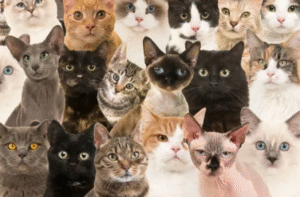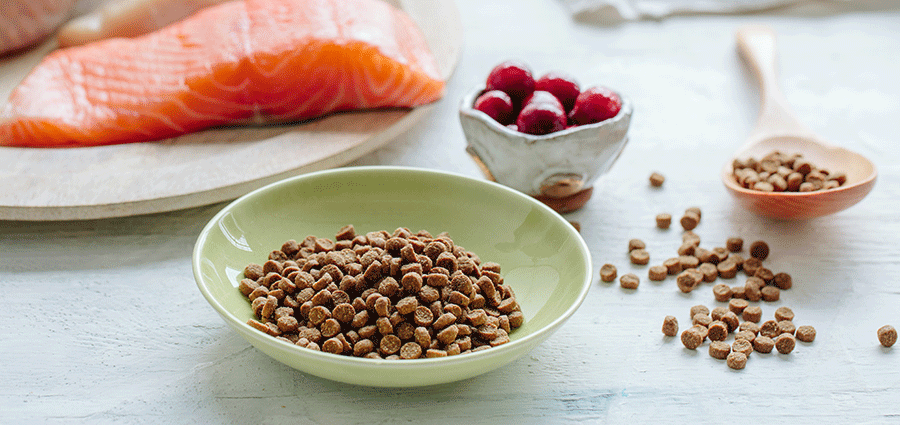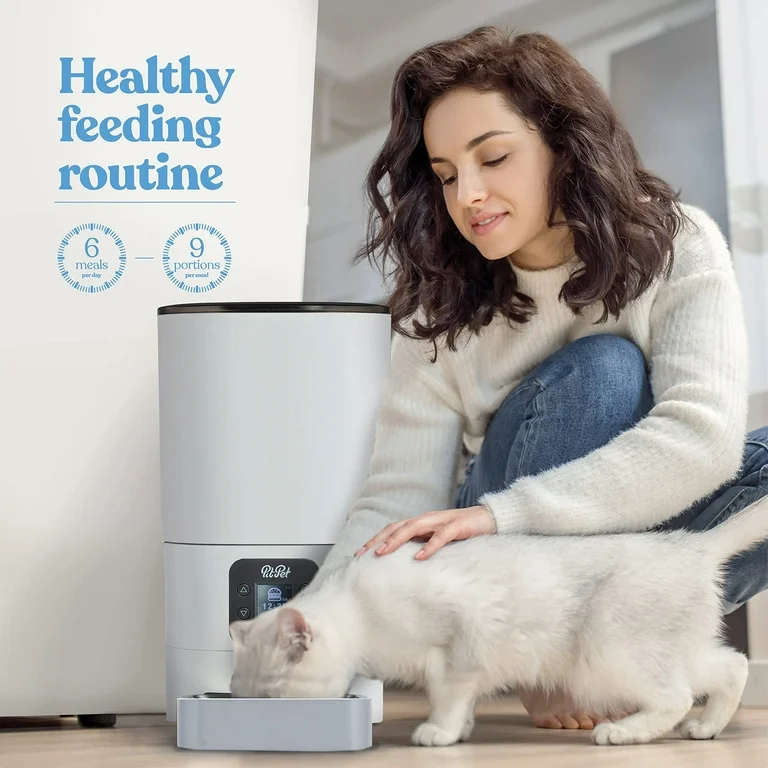1. Introduction
Cats are among the most beloved pets in the world, known for their independence, affection, and grace. With over 70 recognized cat breeds, each feline has its own charm, behavior, and health needs. Whether you’re a new cat parent or a seasoned pet owner, understanding your cat’s breed and care requirements ensures a long, healthy life

Related: Expensive Cat Breeds: A World of Luxury and Elegance
2. Most Popular Cat Breeds with Traits
| Breed Name | Coat Type | Temperament | Size | Lifespan |
|---|---|---|---|---|
| Persian | Long | Calm, Quiet | Medium | 12–17 years |
| Maine Coon | Long | Friendly, Playful | Large | 10–15 years |
| Siamese | Short | Vocal, Affectionate | Medium | 12–20 years |
| Ragdoll | Semi-long | Docile, Sweet | Large | 13–18 years |
| British Shorthair | Short | Loyal, Easygoing | Medium | 14–20 years |
| Bengal | Short | Energetic, Alert | Medium | 12–16 years |
| Sphynx | Hairless | Friendly, Outgoing | Medium | 10–15 years |
Tip: Always research your cat’s breed to understand its unique personality and grooming needs.
3. Cat Care Essentials
-
Safe Living Environment: Indoor cats live longer; ensure a stress-free, clean home.
-
Litter Box: Keep it clean daily; 1 box per cat + 1 extra is ideal.
-
Toys & Enrichment: Use climbing trees, scratching posts, and interactive toys.
-
Routine Vet Visits: Schedule wellness checks every 6–12 months.
-
Microchipping & ID Tags: Essential for safety, especially for outdoor cats.
4. Vaccination Schedule by Age
| Age | Vaccine Type | Frequency |
|---|---|---|
| 6–8 Weeks | FVRCP (Feline Viral Rhinotracheitis, Calicivirus, Panleukopenia) | First dose |
| 10–12 Weeks | FVRCP, FeLV (Feline Leukemia) | Booster |
| 14–16 Weeks | FVRCP, FeLV, Rabies | Final initial shots |
| 1 Year | FVRCP, FeLV, Rabies | Annual booster |
| Annually/Triennially | Depending on vaccine type | As advised by vet |
5. Medical Care for All Life Stages
 Kitten (0–12 months)
Kitten (0–12 months)
-
Spay/neuter around 5–6 months
-
Deworming and flea treatment
-
Begin socialization and behavior training
 Adult Cat (1–7 years)
Adult Cat (1–7 years)
-
Annual vet check-up and dental cleaning
-
Monitor weight and behavior changes
-
Preventative care: flea/tick, heartworm meds
 Senior Cat (8+ years)
Senior Cat (8+ years)
-
Biannual vet visits
-
Arthritis & kidney function tests
-
Adjust diet for lower calorie and more hydration
6. Nutrition & Feeding Tips
-
Wet Food vs Dry Food: Wet food helps with hydration; dry is good for teeth.
-
Breed-Specific Needs: E.g., Maine Coons need high-protein diets for joint health.
-
Avoid Human Foods: No onions, garlic, chocolate, alcohol, or caffeine.
-
Fresh Water: Always provide clean water; use a fountain for picky drinkers.
7. Grooming Needs by Breed
| Breed | Grooming Frequency | Tools Needed |
|---|---|---|
| Persian | Daily | Steel comb, brush |
| Sphynx | Weekly wipe bath | Warm cloth, ear cleaner |
| Maine Coon | 2–3 times/week | Slicker brush |
| British Shorthair | Weekly | Rubber grooming mitt |
8. Behavior & Socialization
-
Early Socialization: Introduce to people, noises, and other pets when young.
-
Common Issues: Scratching, spraying, aggression—often solved with toys or environmental changes.
-
Training: Use treats and praise for litter training and behavior correction.
9. Common Health Issues by Breed
| Breed | Common Issues | Prevention Tip |
|---|---|---|
| Persian | Eye discharge, breathing issues | Clean eyes daily |
| Maine Coon | Hip dysplasia, heart disease | Regular vet check-ups |
| Bengal | GI problems | Quality food, fewer treats |
| Siamese | Asthma, dental disease | Annual dental cleaning |
10. FAQs
Q: What is the healthiest cat breed?
A: Mixed breed (domestic shorthair) cats are often more resilient, but British Shorthairs and Ragdolls are also very healthy.
Q: Do all cats need vaccines?
A: Yes! Even indoor cats need core vaccines like FVRCP and Rabies.
Q: How often should I take my cat to the vet?
A: At least once a year; twice for seniors or those with chronic issues.
11. Final Thoughts
Understanding your cat’s breed helps you provide better care, from grooming to medical needs. With regular vet check-ups, proper nutrition, timely vaccines, and loving attention, your feline companion can lead a long, healthy, and happy life.
Love your cat like family—because they are!





